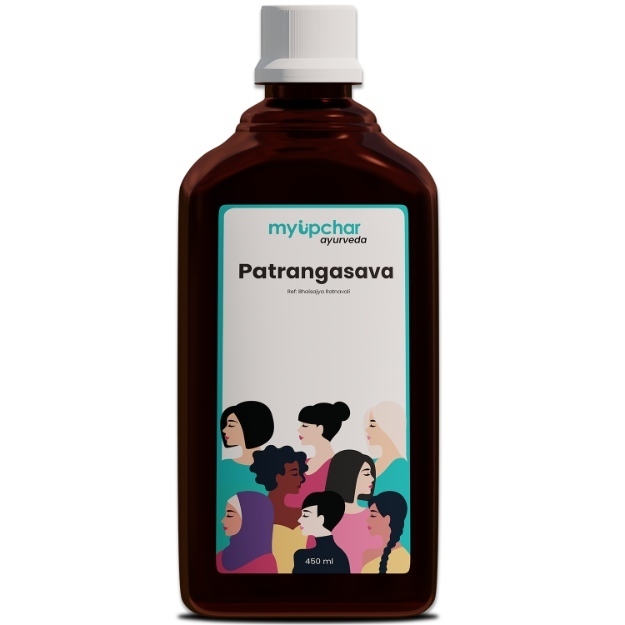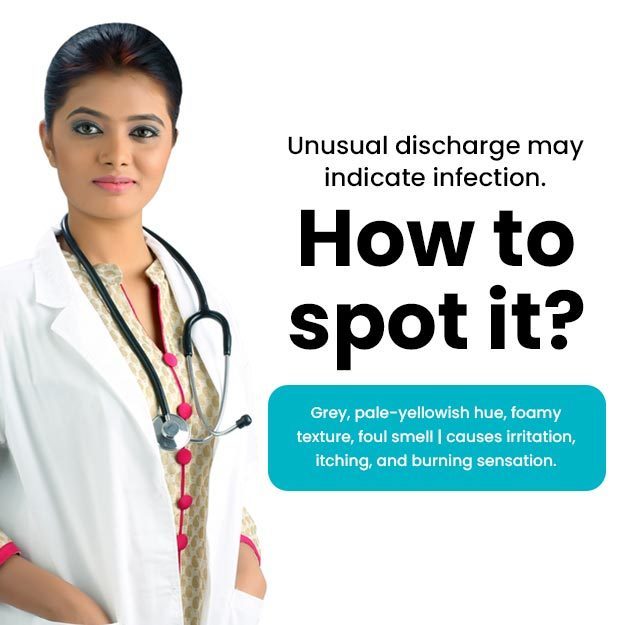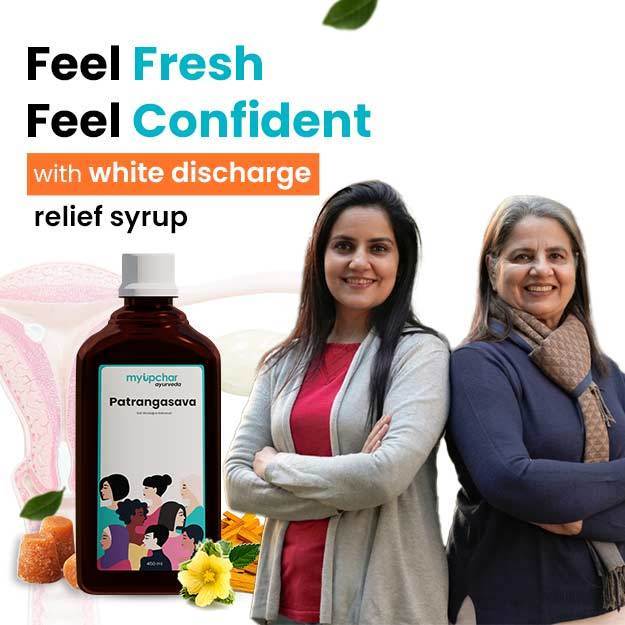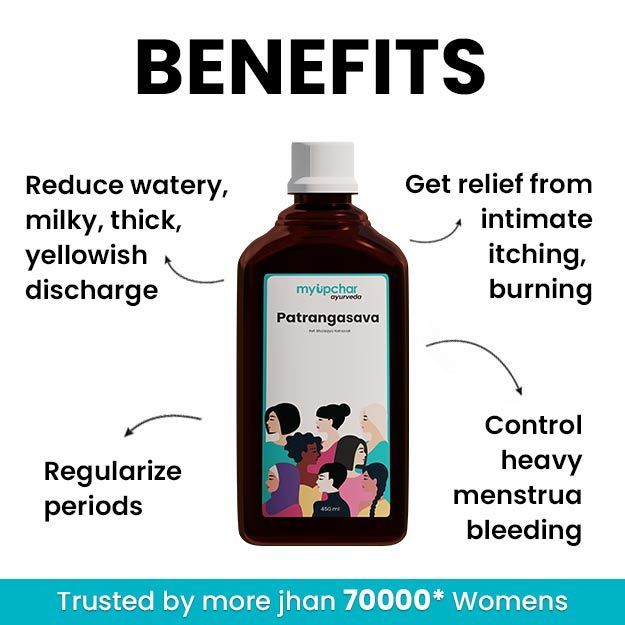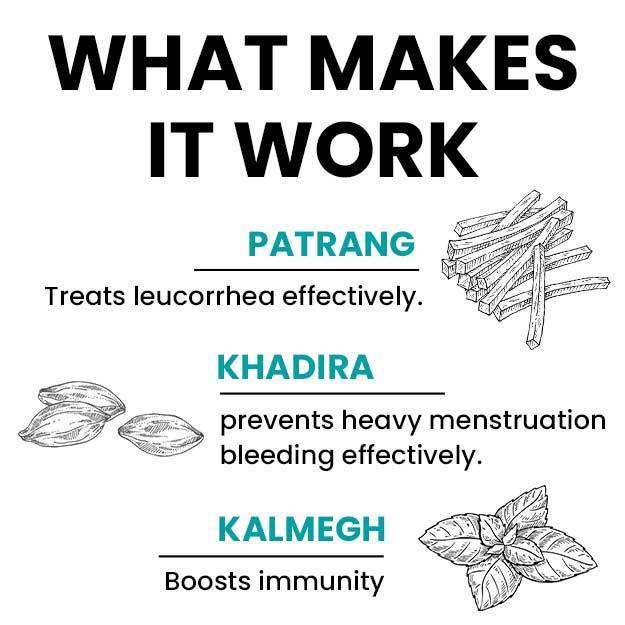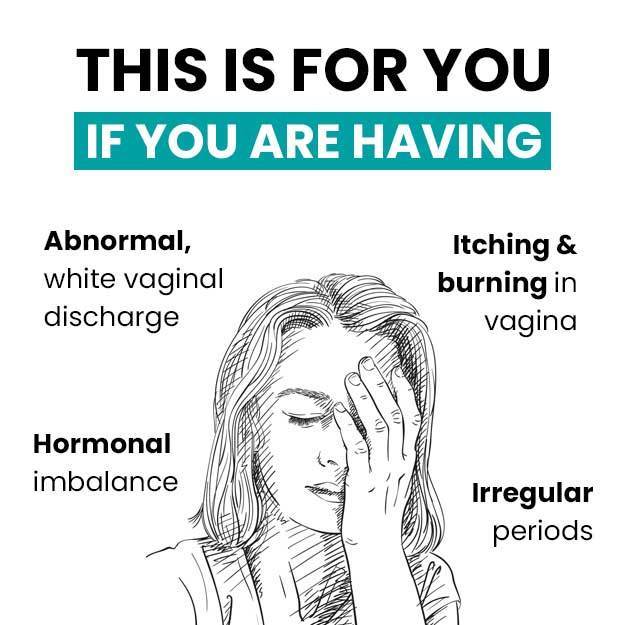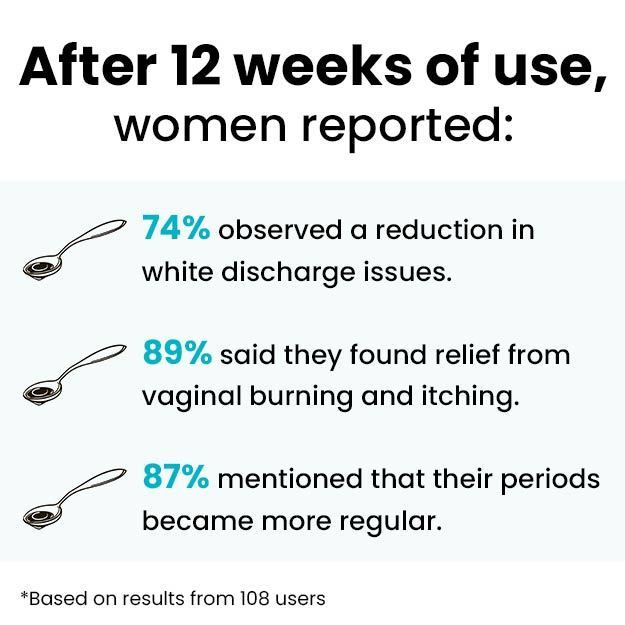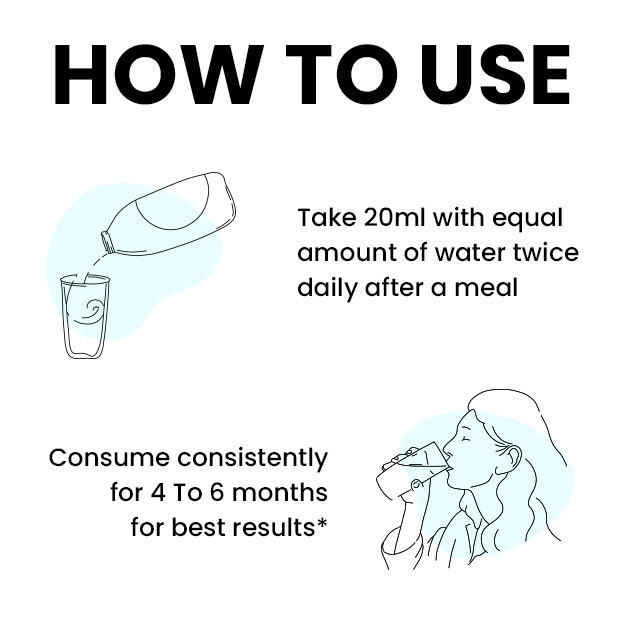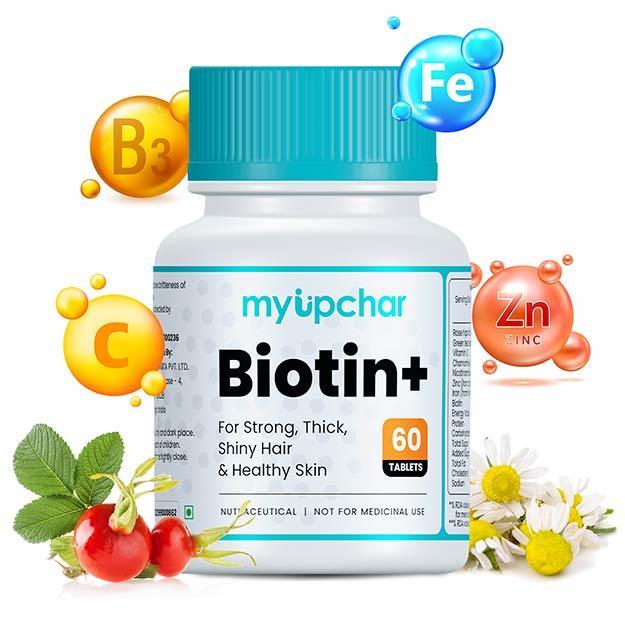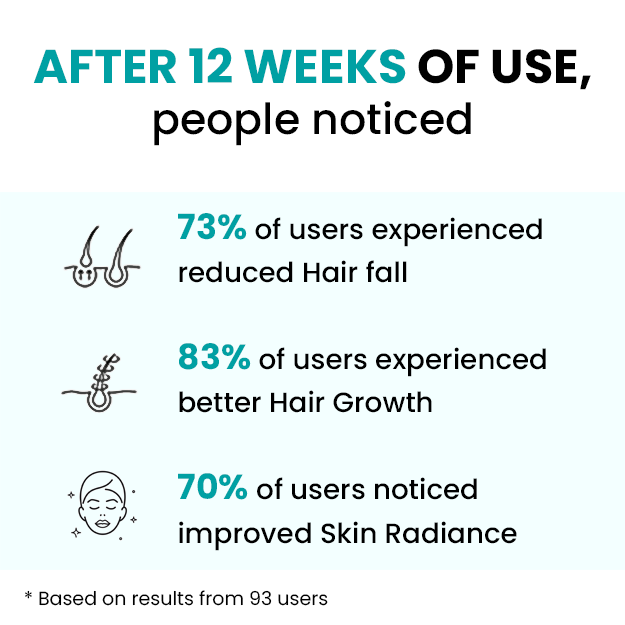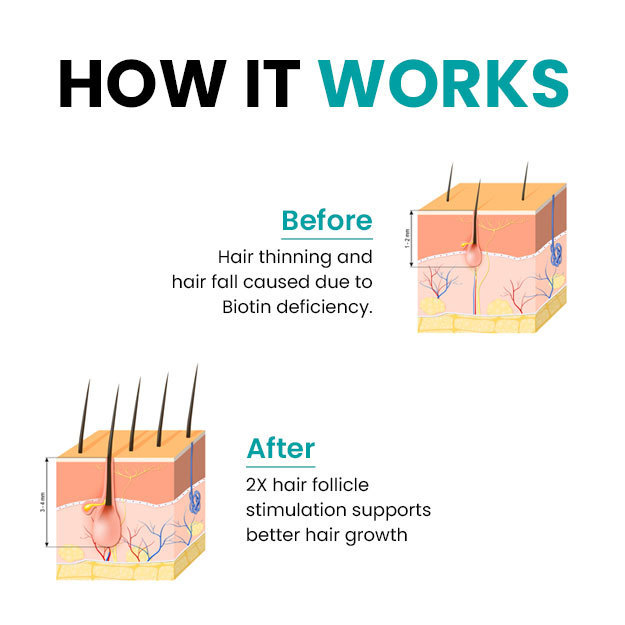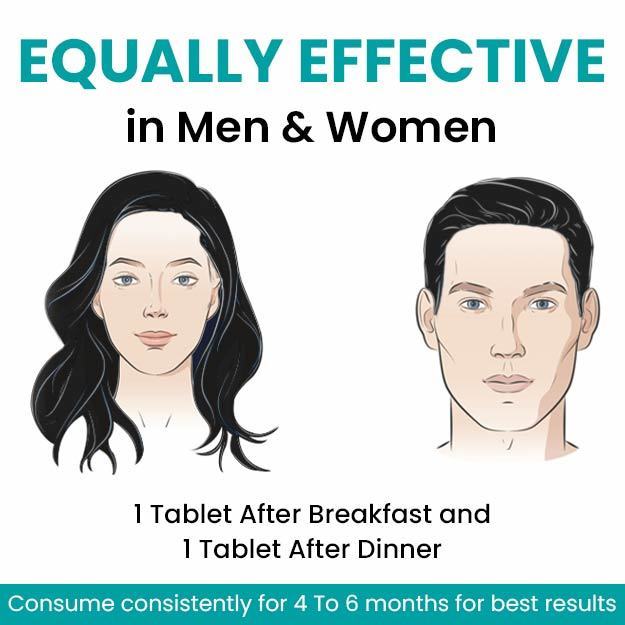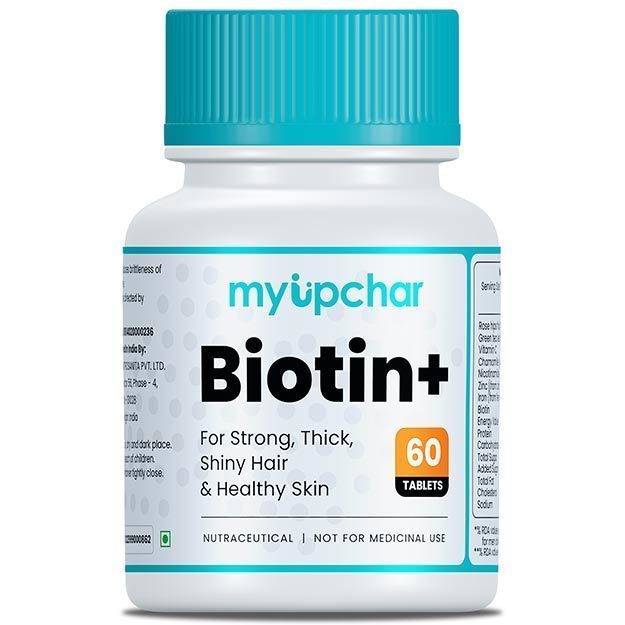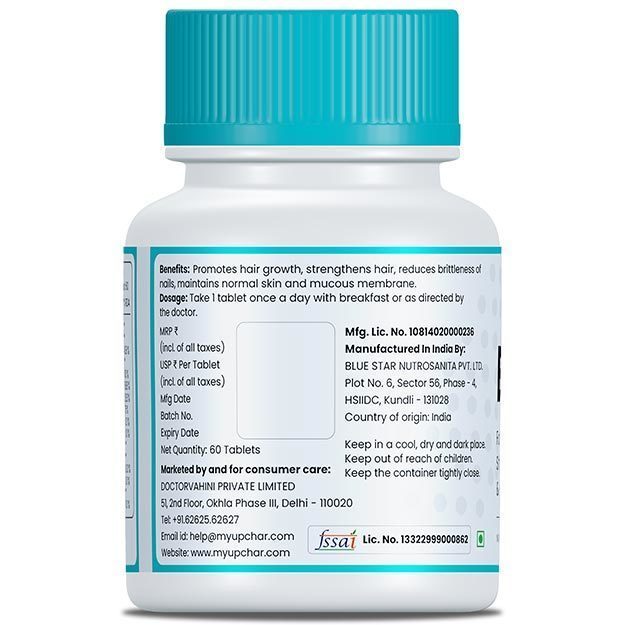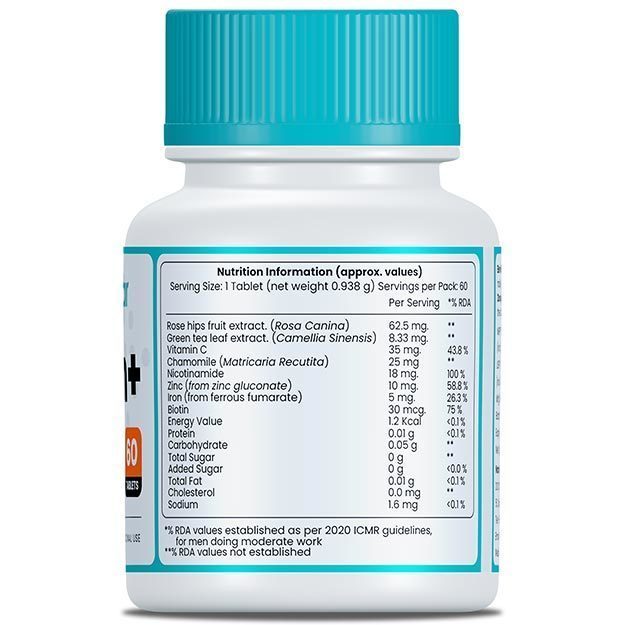Have you ever found yourself scratching your head, trying to figure out the intricate dance between your menstrual cycle and the possibility of pregnancy? It's a question that sparks curiosity and, let's be honest, sometimes a little confusion for many of us. Understanding your body's unique rhythm is not just fascinating; it's absolutely crucial, whether you're actively trying to welcome a new life into the world or carefully planning to prevent pregnancy. So, let's embark on an enlightening journey together, cutting through the jargon and demystifying the concept of "pregnancy after periods" to clear up some of the most common misconceptions.
- Can You Get Pregnant After Periods?
- What Is The Pregnancy Cycle?
- Why Is Pregnancy Calculated From Periods?
- How Many Days After Periods Can You Get Pregnant?
- What Are The Chances Of Getting Pregnant After Periods?
- When Are The Most Chances Of Pregnancy After Periods?
- What Is The Maximum Delay In Periods If Not Pregnant?
- What Is The Correct Time For Pregnancy After Periods?
- How Do You Count Pregnancy After Periods?
- Can You Check If You Are Pregnant After My Periods?
- What Is The Safe Period?
- When To Try After Periods?
- Is There Possibility Of Pregnancy Just After Your Period?
- What Are The Signs Of Pregnancy After Periods?
- Does Pregnancy Start From the Last Day Of Periods?
- Can You Get Your Period And Still Be Pregnant In The First Month?
- Summary
Can You Get Pregnant After Periods?
This is arguably the most frequently asked question on the subject, and the answer is a resounding yes! While it might feel counterintuitive to some – after all, your period is often seen as the "all clear" signal – getting pregnant after your period has ended is not only possible, but it is, in fact, the most common scenario for conception. Your period simply marks the grand opening of a brand new menstrual cycle. Within this fresh cycle lies your fertile window, a specific and often brief period of time when your body is primed and ready for conception. So, while you might not conceive on the very day your period finishes, the journey towards potential pregnancy definitely begins right after.
(Read More: Bye-Bye Lines: Must Try Home Remedies for Stretch Marks)
What Is The Pregnancy Cycle?
Let's think of the pregnancy cycle as a beautiful, incredibly intricate symphony, perfectly orchestrated by the hormones dancing within your body. It all kicks off with your menstrual period, which is universally considered as Day 1 of your cycle. As soon as your period gracefully concludes, your body begins its diligent preparations for a pivotal event: ovulation. This is the moment when a mature egg is released from one of your ovaries, ready for its brief journey. If, during this short window, a resilient sperm successfully meets and fertilizes that egg, and if the newly formed fertilized egg then manages to successfully implant itself into the cozy lining of your uterus – congratulations, you are officially pregnant! This entire sequence, from Day 1 of your period to successful implantation, forms the early stages of what we call the pregnancy cycle.
(Read More: Best Time To Get Pregnant)
Why Is Pregnancy Calculated From Periods?
It might strike you as a little peculiar that healthcare professionals calculate the duration of your pregnancy starting from the very first day of your last menstrual period (LMP), even though, let's face it, you definitely weren't pregnant at that precise moment. However, there's a remarkably clever and practical reason behind this universal medical standard! Pinpointing the exact date of ovulation and conception can be incredibly challenging, even with meticulous tracking. Your LMP, on the other hand, provides a consistent, easily identifiable, and widely understood starting point. This standardized method allows doctors and other healthcare providers to accurately estimate your due date, track the baby's developmental milestones, and ensure consistent care throughout your pregnancy. It essentially gives everyone involved a reliable common timeline to work with, simplifying communication and care coordination.
(Read More: Pubic Hair Removal: Safety Tips and Best Practices You Need)
How Many Days After Periods Can You Get Pregnant?
This is where the fascinating variability of the human body truly shines, as the exact timing differs from person to person. Generally speaking, ovulation, the all-important release of an egg, typically occurs somewhere around the very middle of your menstrual cycle. For an individual with a perfectly regular 28-day cycle, this might fall squarely on or around Day 14. However, here's the crucial part: sperm are incredibly resilient and can survive inside your reproductive tract for an impressive period of up to 5 days! Meanwhile, a released egg remains viable for fertilization for a relatively short window of about 12 to 24 hours. This vital combination means your true fertile window, the period when conception is most likely, can actually begin a few days before ovulation and extend for a day or two after the egg's release. So, while conceiving on the immediate heels of your period's end is quite unlikely, your fertile window is most definitely drawing near as your cycle progresses.
(Read More: Navigating Vaginal Whitening: A Guide to Choices)
What Are The Chances Of Getting Pregnant After Periods?
The chances of conceiving immediately after your period has ended are generally quite low, particularly if you're someone who experiences a regular menstrual cycle. This is because ovulation typically occurs later in the cycle, not right at the beginning. However, as your cycle progresses and you begin to approach your ovulation phase, those chances of conception steadily climb. The highest probability of achieving pregnancy occurs squarely within your fertile window, which, as we've discussed, usually falls around the middle of your cycle. It's truly all about precise timing and understanding when your body is most receptive to conception.
(Read More: When To Have Sex After Tubectomy?)
When Are The Most Chances Of Pregnancy After Periods?
Let's get straight to the heart of the matter for those hoping to conceive: the absolute highest chances of pregnancy occur during what's known as your "fertile window." This window is generally considered to encompass the 5 days leading up to ovulation and the very day of ovulation itself. So, if you're diligently tracking your cycle or using tools like ovulation predictor kits, you'd be looking at roughly Day 10 to Day 17 for a typical 28-day cycle. Within this range, ovulation itself is the peak day for potential conception. This is the period when your body has done all its preparations and is truly primed and ready for a potential new beginning.
(Read More: Oligomenorrhea: causes, symptoms, prevention, treatment)
What Is The Maximum Delay In Periods If Not Pregnant?
If you typically experience a regular and predictable menstrual cycle, a minor delay of a few days to even a week in your period might not necessarily be a cause for alarm. Various factors like increased stress levels, significant changes in diet, intense exercise, or even minor illnesses can sometimes nudge your cycle off its usual schedule. However, if your period is substantially delayed – let's say by more than a week or two – and you have been sexually active, it's absolutely crucial to consider taking a pregnancy test. While not every delayed period automatically signals pregnancy, it is certainly one of the strongest and most common indicators that conception might have occurred.
(Read More: Vaginal Pain: Causes, Symptoms, Types and Treatment)
What Is The Correct Time For Pregnancy After Periods?
For individuals who are actively trying to conceive, the "correct" or optimal time for pregnancy after periods is unequivocally during your fertile window. This precise window of time is when a mature egg is released from the ovary and is available to be fertilized by sperm. For many, this translates into strategically timing intercourse in the days leading up to, and including, the day of ovulation. Becoming familiar with your own unique cycle through methods like basal body temperature tracking, observing cervical mucus changes, or using ovulation predictor kits can be incredibly helpful in pinpointing this optimal and most opportune time for conception.
(Read More: How and when does pregnancy occur?)
How Do You Count Pregnancy After Periods?
As we've previously touched upon, the medical standard for calculating pregnancy duration starts from the very first day of your last menstrual period (LMP). This might seem a little odd at first glance, especially since conception actually takes place around two weeks later. However, this method provides a consistent and universal benchmark. So, even if you know for certain that you conceived, say, two weeks after your period started, by the time you've missed your next period and are testing positive, your pregnancy is already considered to be around four weeks along according to medical calculations. It's a simple, standardized way to ensure consistent dating for everyone involved in your prenatal care.
(Read More: Can you ovulate without a period and get pregnant?)
Can You Check If You Are Pregnant After My Periods?
Yes, absolutely! While the earliest signs might be subtle, the most reliable and recommended time to check for pregnancy is once you have officially missed your period. Home pregnancy tests are designed to detect the presence of human chorionic gonadotropin (hCG), often referred to as the "pregnancy hormone." Your body starts producing this hormone shortly after a fertilized egg successfully implants itself into the lining of your uterus. While some highly sensitive tests market "early detection," waiting until after your missed period will generally provide you with the most accurate and definitive result, minimizing the chances of a false negative.
(Read More: Optimal Timing: When to Take a Pregnancy Test)
What Is The Safe Period?
The term "safe period" refers to the days within your menstrual cycle when the chances of conception are theoretically very low. This typically includes the days immediately following the end of your period and the days leading directly up to your next period, essentially the times that fall outside of your fertile window. However, and this is a crucial point to remember, relying solely on natural family planning methods based on the "safe period" for contraception is not foolproof and can be quite unreliable for preventing pregnancy, especially if your cycle is even slightly irregular. Sperm can survive longer than anticipated (up to 5 days!), and ovulation can sometimes occur unpredictably due to various factors. Therefore, if avoiding pregnancy is your goal, it's wise to consider more reliable contraceptive methods.
(Read More: Safe days of a woman after periods)
When To Try After Periods?
If your goal is to actively try and conceive, the best time to "try" is precisely during your fertile window, which, as we've meticulously explained, typically falls in the middle of your menstrual cycle, leading up to and including the day of ovulation. This means you wouldn't necessarily wait until just after your period has finished, but rather focus your efforts on the specific days when your body is most likely to release an egg. Understanding your ovulation patterns, perhaps through cycle tracking apps, basal body temperature charting, or ovulation predictor kits, can significantly improve your chances of success.
(Read More: Pregnancy diet: What to eat and not)
Is There Possibility Of Pregnancy Just After Your Period?
While it is considered less likely, it's important to acknowledge that it is not entirely impossible to get pregnant just after your period has ended. This scenario is more plausible if you happen to have a shorter than average menstrual cycle, or if your ovulation patterns are somewhat unpredictable. For instance, if you ovulate earlier in your cycle than the typical Day 14, or if sperm happens to survive for several days inside your body after intercourse, conception could indeed occur even if it feels like it's "just after" your period. This inherent variability is precisely why relying exclusively on the "safe period" for contraception is generally not recommended, as your body's rhythm can sometimes surprise you.
(Read More: Perfect Pregnancy Breakfast)
What Are The Signs Of Pregnancy After Periods?
If you've conceived after your period, your body will begin to undergo some remarkable changes, and you might start to notice several early signs of pregnancy. While every woman's experience is unique, here are some of the most common indicators:
- Missed Period: This is often the very first and most obvious sign. If your period is typically regular and suddenly doesn't arrive when expected, it's a strong hint to consider a pregnancy test.
- Tender, Swollen, or Tingling Breasts: Your breasts might feel unusually sensitive, sore, heavier, or even tingly as hormonal changes begin to prepare them for milk production.
- Fatigue: Feeling unusually tired or exhausted, even after a good night's sleep, is a common early symptom. Your body is working hard from the moment of conception!
- Mild Cramping: You might experience light uterine cramping, similar to very mild period cramps. This can be due to the uterus expanding or, in some cases, implantation.
- Light Spotting (Implantation Bleeding): Around 10-14 days after conception, some women notice a small amount of light pink or brown spotting. This is thought to occur when the fertilized egg implants into the uterine lining. It's usually much lighter and shorter than a typical period.
- Nausea with or without Vomiting ("Morning Sickness"): Despite its name, morning sickness can strike at any time of day or night. It often begins around the 4th to 6th week of pregnancy and can range from mild queasiness to severe vomiting.
- Increased Urination: You might find yourself needing to pee more frequently than usual. This is due to an increase in blood volume and your kidneys working harder.
- Food Cravings or Aversions: Suddenly longing for specific foods or finding certain foods or smells utterly unappealing that you once loved.
- Mood Swings: Hormonal fluctuations can lead to heightened emotions, making you feel more irritable, tearful, or overwhelmed than usual.
- Bloating: Similar to pre-menstrual syndrome (PMS), you might feel bloated in your abdomen.
- Heightened Sense of Smell: Many pregnant women report that their sense of smell becomes much more sensitive, making certain odors unbearable.
You Must Remember: While these signs can be strong indicators, remember that many of them can also be related to your regular menstrual cycle, stress, or other conditions. The most reliable way to confirm pregnancy is with a positive home pregnancy test or a blood test from your doctor.
(Read More: Hydration and Nutrition: Fruits for Pregnant Women)
Does Pregnancy Start From the Last Day Of Periods?
No, pregnancy does not technically or biologically start from the last day of your period. While your last menstrual period (LMP) is used as the starting point for calculating your pregnancy due date and tracking its progression by healthcare professionals, actual conception – the moment a sperm fertilizes an egg – occurs later, typically around two weeks after the first day of your LMP, during your ovulation phase. The LMP is merely a convenient and consistent administrative reference point for medical dating.
(Read More: Healthy Ways to Satisfy Food Cravings While Pregnant)
Can You Get Your Period And Still Be Pregnant In The First Month?
This is a very common question, and it's a bit of a nuanced one! True menstruation, which is characterized by a full, heavy flow of blood, generally indicates that you are not pregnant, as it means the uterine lining has shed because no implantation occurred. However, some individuals do experience light bleeding or spotting around the time their period would normally be due in early pregnancy. This phenomenon is often referred to as implantation bleeding, which occurs when the newly fertilized egg successfully burrows into the nutrient-rich lining of the uterus. This bleeding is usually lighter, shorter, and sometimes a different color than a typical period. So, while having a full, regular period usually means no pregnancy, light spotting can definitely occur in the very early stages. If you've had any form of bleeding that deviates from your norm and you suspect pregnancy, taking a pregnancy test is always the most accurate way to confirm or rule it out.
(Read More: When to Start Including Ghee in Your Pregnancy Diet)
Summary
Understanding the intricate workings of your menstrual cycle is an incredibly empowering journey, whether your immediate goal is to conceive a child or to diligently prevent pregnancy. While it's clear you cannot get pregnant during your actual period, the period itself serves as the crucial starting line for a new cycle that holds your highly anticipated fertile window. By learning to recognize your body's unique signals and gaining a clear understanding of the precise timing of ovulation, you empower yourself to make informed, confident decisions about your reproductive health and family planning. Always remember, for any questions or concerns regarding pregnancy, fertility, or your reproductive health, consulting with a trusted healthcare professional is always the most reliable and recommended course of action. They can provide personalized advice and guidance tailored to your specific needs.
Find Obstetrician and Gynaecologist in cities
- Obstetrician and Gynaecologist in Bangalore
- Obstetrician and Gynaecologist in Mumbai
- Obstetrician and Gynaecologist in Ghaziabad
- Obstetrician and Gynaecologist in Chennai
- Obstetrician and Gynaecologist in Pune
- Obstetrician and Gynaecologist in Delhi
- Obstetrician and Gynaecologist in Hyderabad
- Obstetrician and Gynaecologist in New Delhi
- Obstetrician and Gynaecologist in Gwalior
- Obstetrician and Gynaecologist in Gurgaon
Doctors for Can I Get Pregnant After My Period? – Your Complete Guide
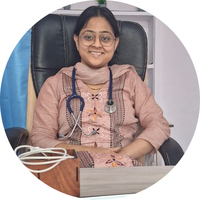
Dr. Ayushi Gandhi
Obstetrics & Gynaecology
4 Years of Experience
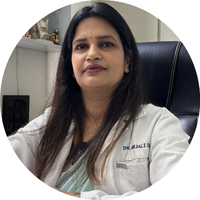
Dr. Anjali
Obstetrics & Gynaecology
23 Years of Experience

Dr.Anuja Ojha
Obstetrics & Gynaecology
20 Years of Experience

















